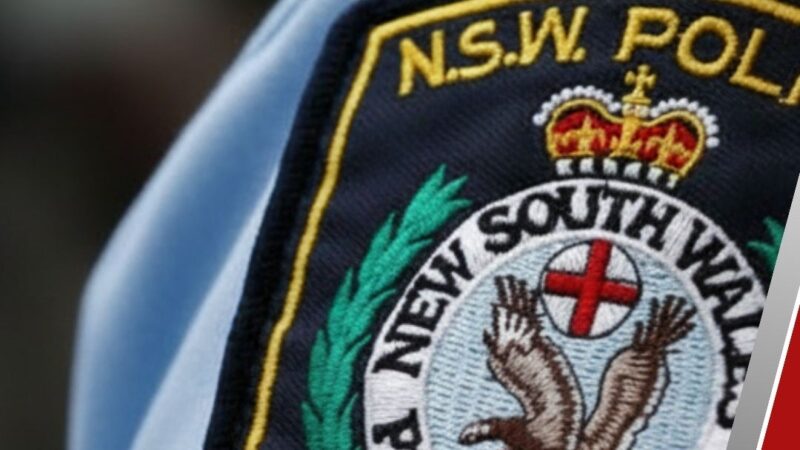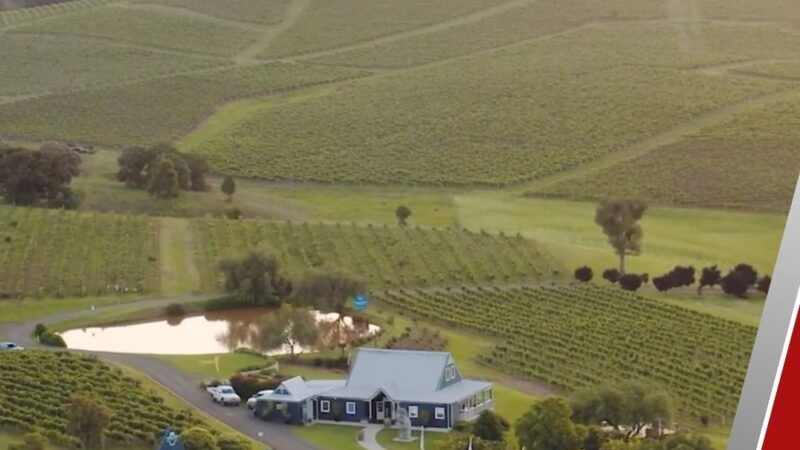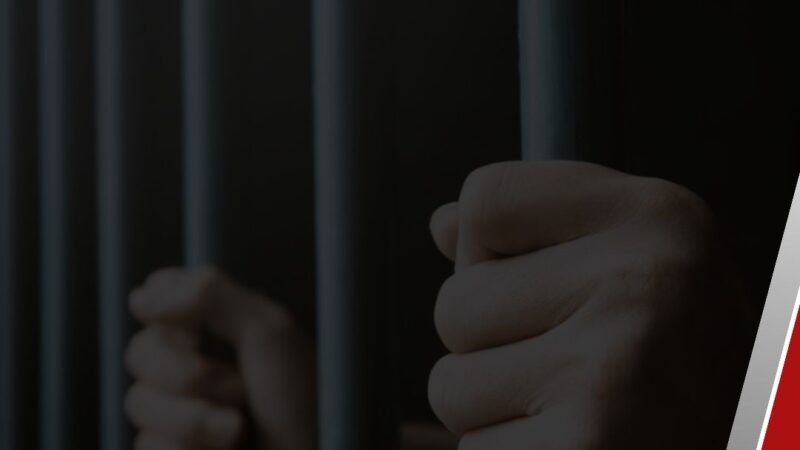The Australian government is planning to introduce a bill that would ban children under 16 from accessing social media. When we think of social media, platforms like Facebook, TikTok, Instagram, and X (formerly known as Twitter) often come to mind. But this legislation might go far beyond those well-known apps. It could also sweep up other platforms that have a social component, such as YouTube, Xbox Live, PlayStation Network, and Steam. Essentially, any service that allows users to post content, leave comments, or join groups and forums might be affected. That’s why the government needs to be extremely careful with how this bill is worded, to avoid unintended consequences.
One of the biggest challenges this proposal faces is the question of enforcement. How would a ban on under-16s using social media actually work in practice? To comply, social media companies would need to verify the age of every user, but this raises significant privacy concerns. Would every user be required to submit proof of identity, like a government-issued ID, just to access their accounts? If so, it could mark a major step towards implementing a digital ID system, something that has been met with resistance from many privacy advocates. They worry that a digital ID might be sold to the public as a way to protect children online, but could later be used for broader surveillance purposes.
You're Missing the Best Part!
This article is exclusively for Gold Members — our most loyal and informed readers.
Join today to unlock the full story, enjoy an ad-free experience, and support independent local journalism.
Start your 2-week free trial — then it’s less than $1/month. Cancel anytime.
Already a member? Login here












